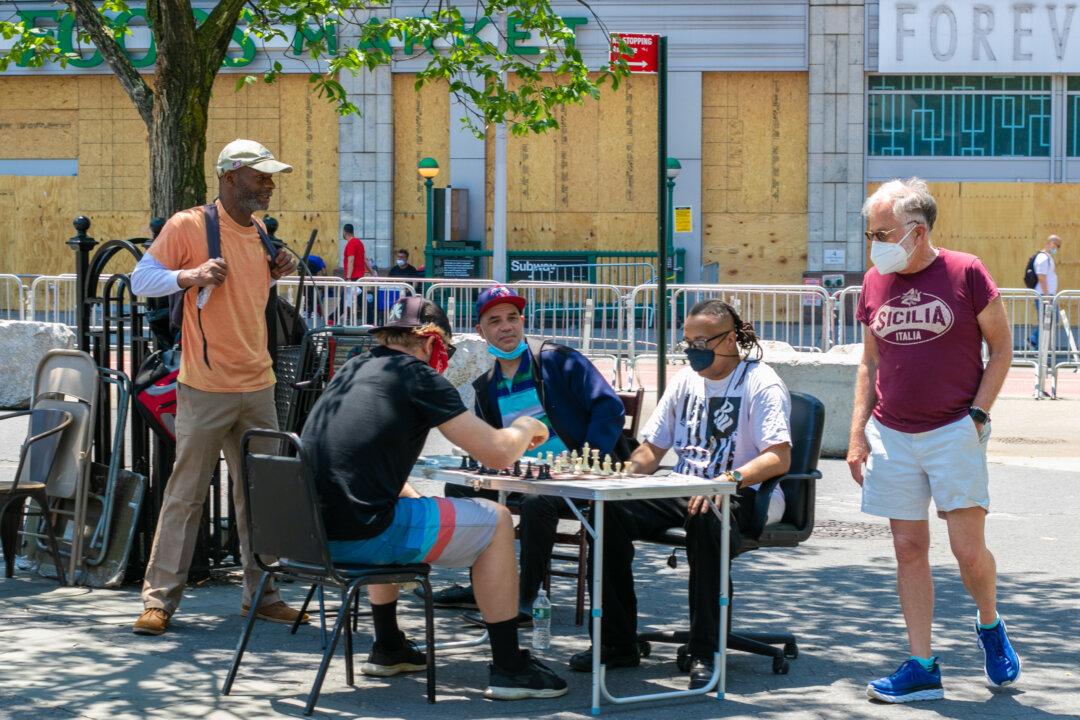The COVID-19 pandemic “has not ended,” the top Centers for Disease Control and Prevention (CDC) official said Friday, as the agency released fresh guidance for how individuals should think about what activities to undertake.
While officials recognize that Americans are “all getting tired of staying at home,” they should listen to recommendations on how to avoid becoming infected with the CCP (Chinese Communist Party) virus, Jay Butler, CDC’s deputy director of Infectious Diseases, told reporters on a phone call.





